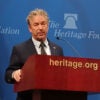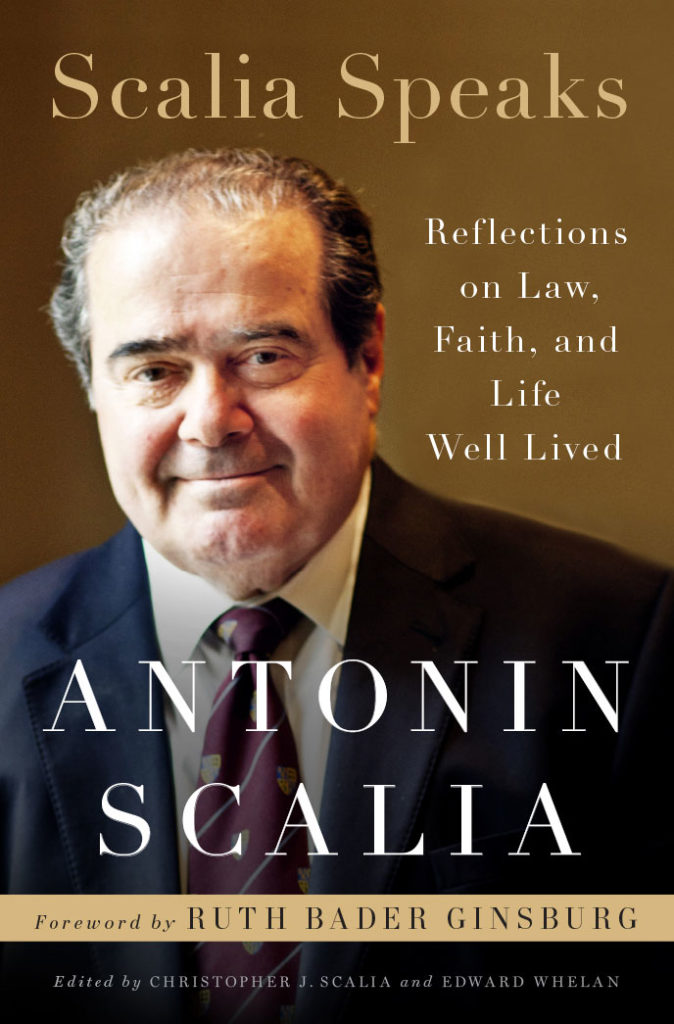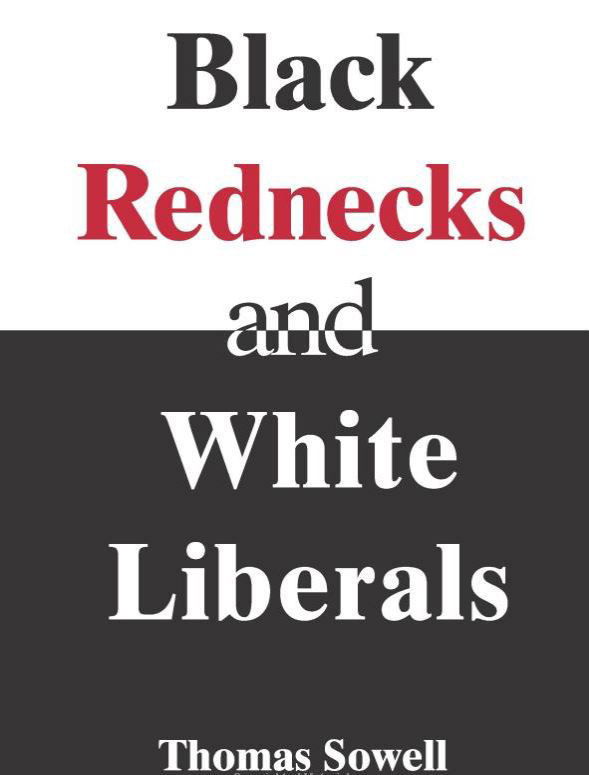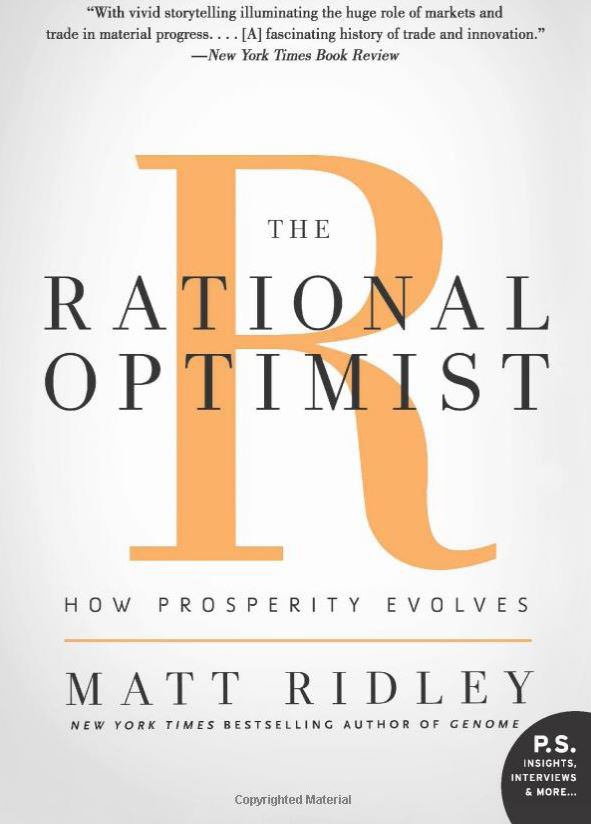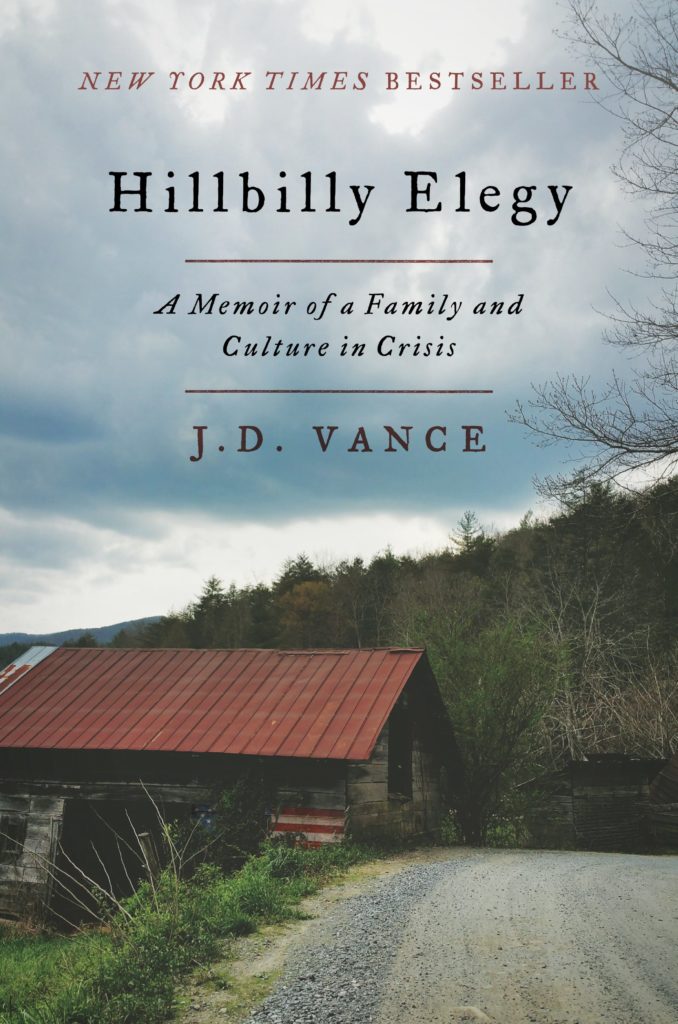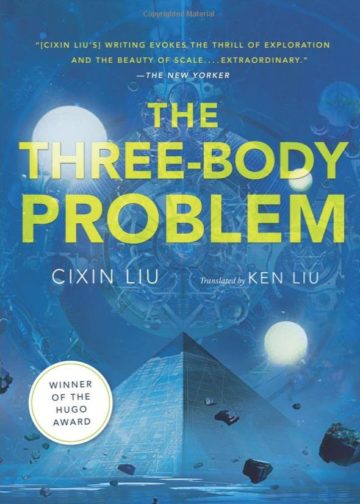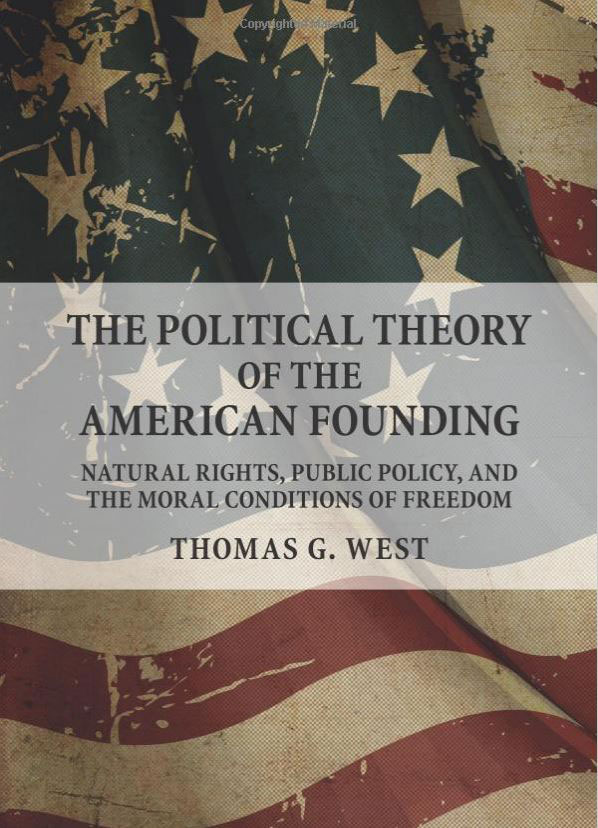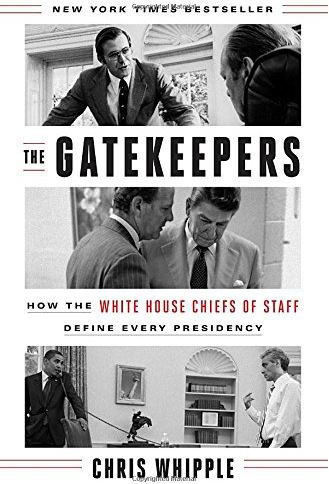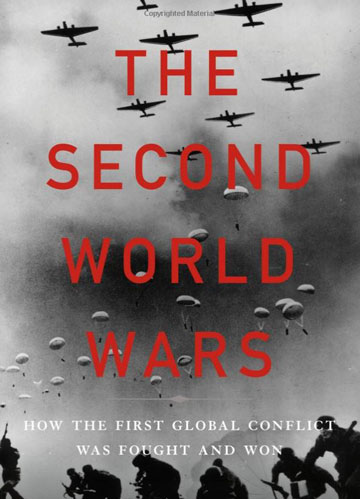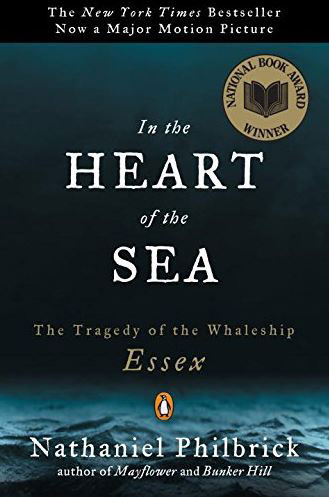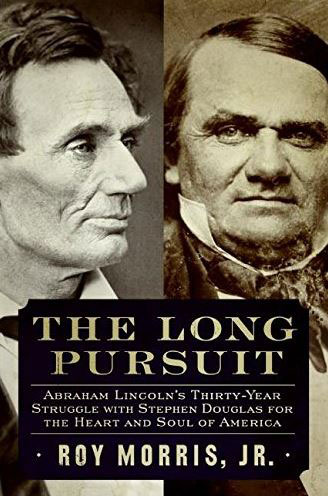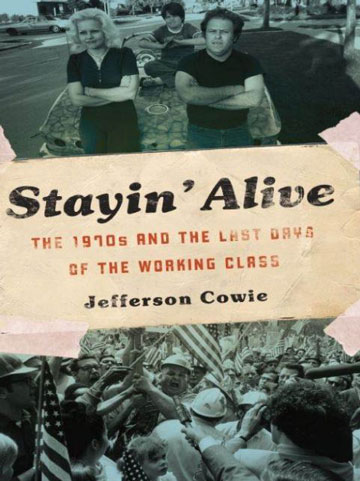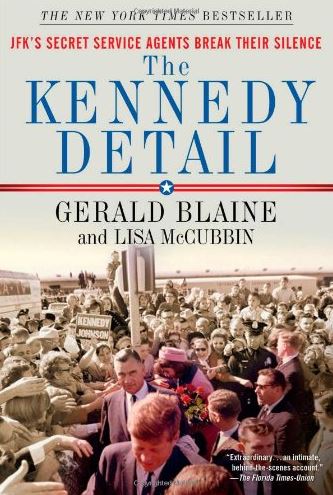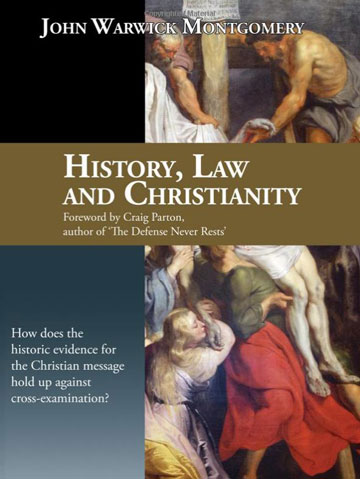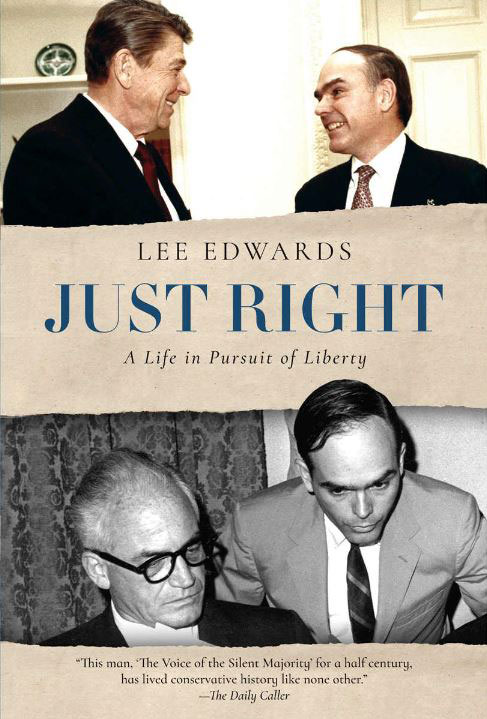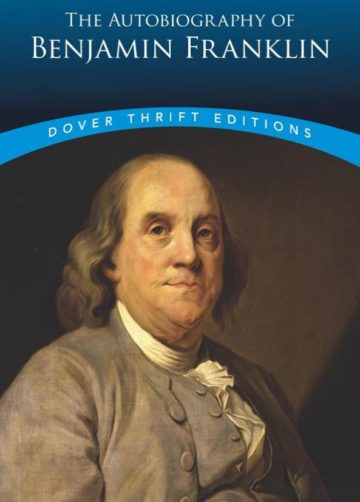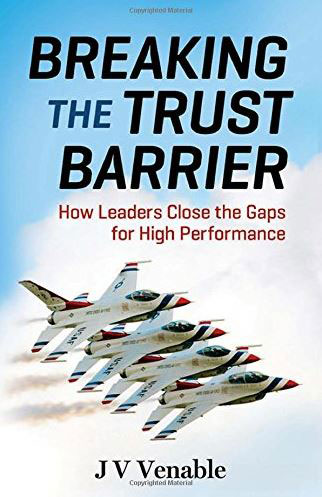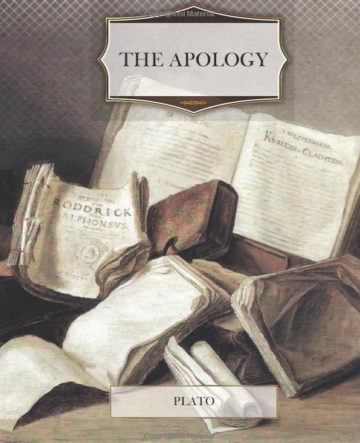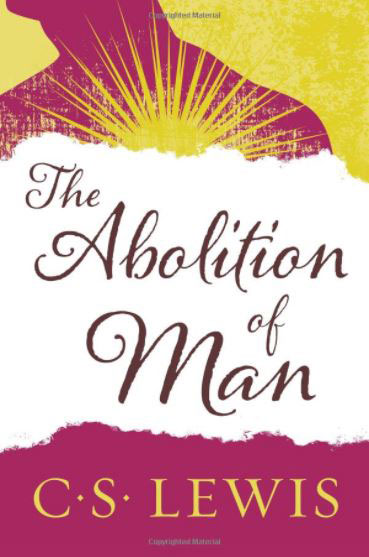The holiday season is in full swing, which means it’s time to shop for gifts. And when it comes to gifts, the book never goes out of style.
Here are 29 books that our friends at The Heritage Foundation think should go under your Christmas tree this year.
Current Affairs
1) “The Strange Death of Europe” by Douglas Murray
Douglas Murray’s “The Strange Death of Europe” laments European political elites’ inability to effectively respond to three of the key issues of our time: immigration, identity, and Islam. Murray argues that Europe is slowly committing suicide, with decades of mass immigration coinciding with a period of “existential tiredness” and uncertainty about its destiny. A best-seller in Great Britain, the book’s provocative thesis has touched a nerve in a continent reeling from frequent terrorist attacks.
–Robin Simcox specializes in terrorism and national security analysis as the Margaret Thatcher fellow in the Margaret Thatcher Center for Freedom and the Davis Institute for National Security and Foreign Policy at The Heritage Foundation.
2) “Scalia Speaks: Reflections on Law, Faith, and Life Well Lived” by Antonin Scalia
“Scalia Speaks: Reflections on Law, Faith, and Life Well Lived” is a collection of speeches delivered by the late Supreme Court Justice Antonin Scalia throughout his career. Selected and edited by the justice’s son Christopher Scalia and former law clerk Ed Whelan, the book covers a broad range of topics and is not limited to the law.
These speeches touch on everything from public virtues to turkey hunting to the arts and education, and showcase Antonin Scalia’s inestimable wit and intellect. His speech titled “Italian View of the Irish” is a not-so-subtle rib on his wife’s countrymen and had me in stitches.
–Elizabeth Slattery is a legal fellow in The Heritage Foundation’s Edwin Meese III Center for Legal and Judicial Studies.
3) “Black Rednecks and White Liberals” by Thomas Sowell
“Black Rednecks and White Liberals” by Thomas Sowell is, like so many of Sowell’s books, a very approachable and powerfully reasoned assault on misguided beliefs that lie at the core of modern liberal politics.
In particular, Sowell takes on the approaches of white liberals regarding African-American identity politics, understanding the history of slavery, mischaracterizing Jewish success, and other similar identity-based topics through a series of individual and manageable essays.
–Amy Swearer is a visiting legal fellow at the Meese Center for Legal and Judicial Studies at The Heritage Foundation.
4) “The Rational Optimist” by Matt Ridley
“The Rational Optimist” by Matt Ridley is a very enjoyable take on free market-oriented economics, especially for those who normally find economics too technical, philosophical, and boring.
While there are certainly aspects of the book not everyone will agree with, Ridley’s arguments that greater human flourishing will result from commerce, technology, innovation, and change are thought-provoking.
–Amy Swearer is a visiting legal fellow at the Meese Center for Legal and Judicial Studies at The Heritage Foundation.
5) “Hillbilly Elegy: A Memoir of a Family and Culture in Crisis” by J.D. Vance
“Hillbilly Elegy” by J.D. Vance is an eye-opening memoir that takes the reader deep into a large sector of American society that has largely been forgotten. Middle America is facing a monstrous social crisis that is tearing families apart and damaging civil society in a way that can no longer be ignored. Pick up a copy of this book and take a captivating journey through Appalachia.
–Jordan Hess is the director of coalition relations at The Heritage Foundation.
6) “The Three-Body Problem” by Cixin Liu and translated by Ken Liu
A massive best-seller in China, “The Three-Body Problem” paints a stark picture of communist totalitarianism’s effect on the human psyche. The first translated work ever to win Science Fiction’s coveted Hugo Award, “Three-Body” combines a searing portrayal of life under China’s Cultural Revolution with dazzling spectacles of abstract physics and the looming threat of alien invasion.
This is a perfect for anyone with an interest in both history and the hard sciences, and a rare window into life during communist China’s darkest days.
–Adam Brickley serves as a program associate for lectures and seminars at The Heritage Foundation.
History
7) “The Political Theory of the American Founding: Natural Rights, Public Policy, and the Moral Conditions of Freedom” by Thomas West
“The Political Theory of the American Founding: Natural Rights, Public Policy, and the Moral Conditions of Freedom” by Thomas West is not only the best book written on the founding in recent years, but also one of the best books on the subject ever written. In this impressive work, West provides a comprehensive overview of the Founders’ political theory and shows how they sought to implement it in their policies on marriage, family, education, character formation, property, and economics.
–David Azerrad is the director of the B. Kenneth Simon Center for Principles and Politics at The Heritage Foundation.
8) “The Gatekeepers: How the White House Chiefs of Staff Define Every Presidency” by Chris Whipple
A superb and readable look at the individuals who are arguably the chief operating officer of the federal government. This book is a fascinating chronological treatment of White House chiefs of staff from the Nixon era to the present. It is filled with useful insights.
–Steven Bucci is a visiting research fellow at The Heritage Foundation.
9) “The Second World Wars: How the First Global Conflict Was Fought and Won” by Victor Davis Hanson
Victor Davis Hanson’s new book, “The Second World Wars,” is a fresh look at this decisive period in human history. Fans of Hanson and of history in general will love his new book on World War II.
It should be noted that the title is not a misspelling. Hanson’s premise is that World War II was unique in many respects, the foremost of which is its scope. It was, he argues, a blending of wars that claimed the lives of 60 million people. Hanson argues that it was the first truly global war, as it spanned from Burma to Finland.
Hanson, a scholar of ancient Greek warfare, seamlessly folds in interesting comparisons between World War II and the Peloponnesian War between Athens and Sparta. He does not proceed chronologically through the war, but instead chooses to examine specific themes of the war, such as air power, navies, and the influence of people.
Hanson also takes aim at many areas of accepted “conventional wisdom,” pointing out the shortcomings in German military equipment and decision-making.
–Thomas Spoehr is director of the Center for National Defense at The Heritage Foundation.
10) “In the Heart of the Sea: The Tragedy of the Whaleship Essex” by Nathaniel Philbrick
“In the Heart of the Sea” is a wonderful, true story about the whaleship Essex—sunk by a whale—and the story of how some on board survived. On a historical note, Herman Melville interviewed these survivors and later wrote the novel “Moby Dick.”
-Michael Maibach is the senior adviser of executive branch relations at The Heritage Foundation.
11) “The Great Debate: Edmund Burke, Thomas Paine, and the Birth of Right and Left” by Yuval Levin
“The Great Debate” by Yuval Levin examines the lives and diverging political theories of Edmund Burke, the father of modern conservatism, and Thomas Paine, the father of modern liberalism. It is a perfect introduction to these two great political minds, their war of ideas, and the lasting impact they had on American politics—especially for those intimidated by the thought of taking on either man’s work directly.
–Amy Swearer is a visiting legal fellow at the Meese Center for Legal and Judicial Studies at The Heritage Foundation.
12) “The Long Pursuit: Abraham Lincoln’s Thirty-Year Struggle With Stephen Douglas for the Heart and Soul of America” by Roy Morris Jr.
“The Long Pursuit” by Roy Morris Jr. follows the decadeslong rivalry between 19th-century political giants Abraham Lincoln and Stephen Douglas. Morris begins with their concurrent rise through the ranks of Illinois politics in the 1830s and analyzes the way in which their two radically different journeys to and through the national stage altered the nation’s future.
–Amy Swearer is a visiting legal fellow at the Meese Center for Legal and Judicial Studies at The Heritage Foundation.
13) “Stayin’ Alive: The 1970s and the Last Days of the Working Class” by Jefferson Cowie
“Stayin’ Alive” uses the economics, politics, music, and movies of the 1970s to recount how America’s working class abandoned the labor movement and splintered along cultural lines, leading to a conservative political triumph.
What makes this story compelling is that it is told by a progressive. Jefferson Cowie writes with the sorrow of lost love. His book, and other histories of the 1970s, are a persuasive implicit argument that everything in American life changed from 1968 to 1975, and very little has changed since.
–Salim Furth researches and explains how public policy affects economic growth as a research fellow in macroeconomics at The Heritage Foundation’s Center for Data Analysis.
14) “The Kennedy Detail: JFK’s Secret Service Agents Break Their Silence” by Gerald Blaine and Lisa McCubbin
“The Kennedy Detail” by Gerald Blaine delivers intimate insight into the heart-wrenching story of the Kennedy assassination from the point of view of the very man that was hired to protect him.
Authored by one of President John F. Kennedy’s heads of detail, Blaine details the strict protocol Secret Service agents were required to fulfill in 1963 and then places the reader directly into the chaos that ensued on Nov. 22, 1963, illustrating the aftermath of a decision that changed the course of history.
Reading about a tragic, life-changing event like the Kennedy assassination is always engaging, but having it relayed by a man that was responsible for preventing such a tragedy adds an indescribable dynamic to the story.
–Thaleigha Rampersad is the media production coordinator for the publishing department of The Heritage Foundation.
15) “History, Law and Christianity” by John Warwick Montgomery
“History, Law and Christianity” by John Warwick Montgomery is a series of essays defending the veracity of Scripture and the beliefs of Orthodox Christianity. Montgomery—a renowned legal scholar and theologian—analyzes the errors usually committed by those who attack the historicity of the New Testament or the logic of Christian doctrine. He approaches the subject from a juridical perspective and with all the careful analysis one would expect of one so well-trained in law.
–Amy Swearer is a visiting legal fellow at the Meese Center for Legal and Judicial Studies at The Heritage Foundation
Biography
16) “Just Right: A Life in Pursuit of Liberty” by Lee Edwards
Lee Edwards’ autobiography is a masterful telling of the history of the modern conservative movement. “Just Right” pinpoints critical moments, identifies heroes and heroines, and takes the reader on an insider’s ride through the good and the bad of starting organizations, fighting campaigns, and occasionally seeing your ideas vindicated.
This volume is an uplifting, high-spirited read that will leave the reader marveling at how far we’ve come and yet how much remains to be done to “Make America Great Again,” as someone said recently.
–Ed Feulner is the president of The Heritage Foundation.
17) “The Autobiography of Benjamin Franklin” by Benjamin Franklin
“The Autobiography of Benjamin Franklin” is an excellent book for high school and college students who are charting their future paths.
-Michael Maibach is the senior adviser of executive branch relations at The Heritage Foundation.
18) “The Man Who Invented Christmas: How Charles Dickens’s A Christmas Carol Rescued His Career and Revived Our Holiday Spirits” by Les Standiford
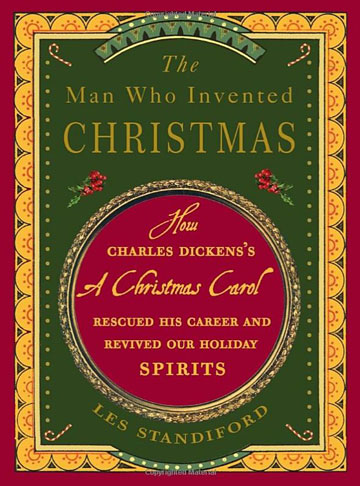
This engaging and enthralling book tells the true story of how Charles Dickens came to write “A Christmas Carol.” As Les Standiford tells the story, Dickens did not only write one of the most beloved and inspiring tales of all time. In writing it, he helped transform Christmas into a holiday focused on philanthropic charity.
–James Jay Carafano is The Heritage Foundation’s vice president for foreign and defense policy studies, E. W. Richardson fellow, and director of the Kathryn and Shelby Cullom Davis Institute for International Studies.
Personal Development
19) “The Corporate Culture Survival Guide” by Edgar Schein
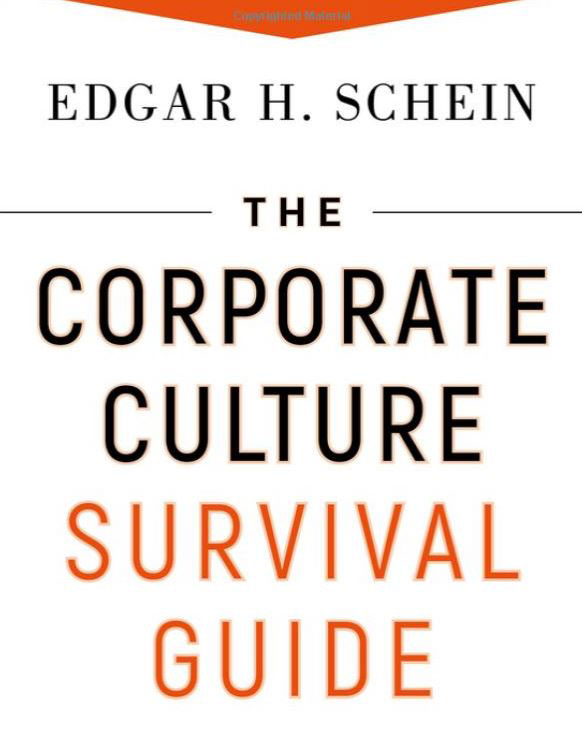
“The Corporate Culture Survival Guide” gets at the who, what, how, and why of organizations, and how they actually work. Culture trumps everything else, argues Edgar Schein. Understanding what culture is, how it develops, how it can change, and how to thrive within it is key not just to “survival” in the workplace, but to productivity, flourishing, and happiness. Schein is the leading voice on institutional culture, and his writing is both thorough and enjoyable.
–John Fogarty is the vice president of development at The Heritage Foundation.
20) “Breaking the Trust Barrier: How Leaders Close the Gaps for High Performance” by J.V. Venable
“Breaking the Trust Barrier” is a step-by-step guide on how to improve one’s leadership abilities. The book is well-written and hard to put down. It provides an easily understandable conceptualization of leadership and offers many real-life examples to illustrate this complex topic.
This book is particularly useful for professional development, but is just as applicable to our personal lives where we are leaders of our families and communities.
–Michaela Dodge specializes in missile defense, nuclear weapons modernization, and arms control as policy analyst for defense and strategic policy in The Heritage Foundation’s Allison Center for Foreign Policy Studies.
It sounds overly dramatic to claim that reading “Breaking the Trust Barrier” changed my life, but let me explain.
Previously, I scoffed at people who wrote in the margins of their books. By the time I made it to the second chapter of J.V. Venable’s book on leadership, however, I had to flip back to the beginning to start taking notes.
While one sentence can’t do it justice—because you really ought to read the book—Venable’s main theory is that recognition of authority leads to loyalty, and that loyalty leads to trust. This simple idea changed how I wanted to work as an employee and lead as a manager.
I gave a copy to a friend the day I finished it, and have recommended it to so many others that I don’t remember who has my copy right now. If I could, I would give a copy of this to every manager, intern, young professional, and aspiring leader I meet. I read it in one sitting, but I’ve taken something new from it every time I’ve re-read it.
If you manage anyone, you should read this book today.
–Elinor Renner is a program associate for the Young Leaders Program at The Heritage Foundation.
21) “Taking My Life Back: My Story of Faith, Determination, and Surviving the Boston Marathon Bombing” by Rebekah Gregory and Anthony Flacco
In “Taking My Life Back: My Story of Faith, Determination, and Surviving the Boston Marathon Bombing,” Rebekah Gregory tells the emotional story of overcoming a terrorist attack and learning to trust God “with every part of our lives—the good, the bad, and even the terrifying.”
I had the honor of meeting Gregory earlier this year at the Steamboat Institute and am to this day in awe of her beauty, strength, and resilience. Her book is brutally honest, and tells a story you’ll carry with you for the rest of your life. You’ll laugh, you’ll cry, and most importantly, you’ll be inspired.
–Kelsey Harkness is a senior news producer at The Daily Signal.
22) “Strong Fathers, Strong Daughters: 10 Secrets Every Father Should Know” by Meg Meeker

“Strong Fathers, Strong Daughters: 10 Secrets Every Father Should Know” gives dads (and moms) an important look into the worlds their daughters are growing up in—and gives a ton of thoughtful, practical recommendations to help fathers raise amazing young women.
–John Fogarty is the vice president of development at The Heritage Foundation.
23) “Being Mortal: Medicine and What Matters in the End” by Atul Gawande
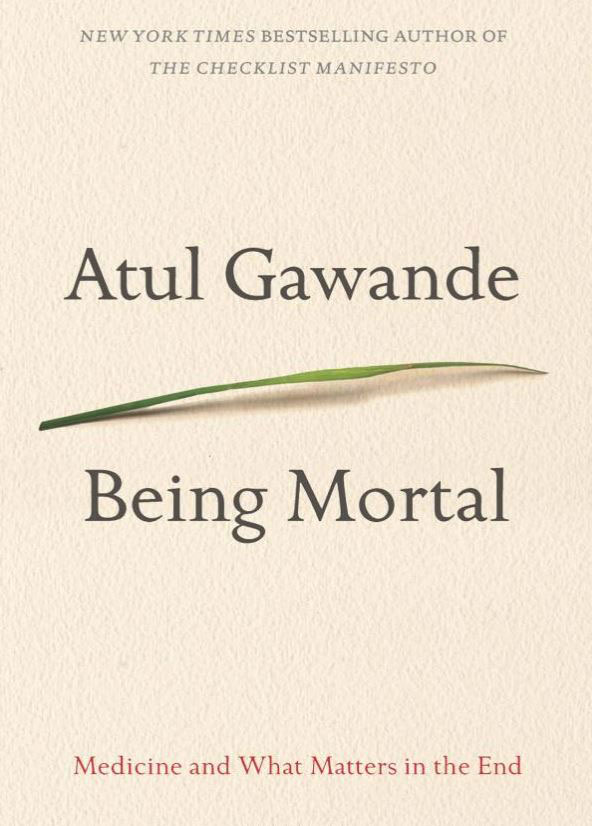
“Being Mortal: Medicine and What Matters in the End” is a deeply moving book. Written by a medical doctor, it shows us how to think about medicine in the context of inevitable aging and death, so that we can live in more authentically human, happy, and meaningful ways both now and at the end of our and our loved ones’ days.
–Marie Fishpaw is director of domestic policy studies at The Heritage Foundation’s Institute for Family, Community, and Opportunity.
24) “Seeking Allah, Finding Jesus: A Devout Muslim Encounters Christianity” by Nabeel Qureshi
“Seeking Allah, Finding Jesus: A Devout Muslim Encounters Christianity” by Nabeel Qureshi chronicles the life of a former devout Muslim who, from a very early age, fell in love with the practices and customs of Islam only to befriend a man of the Christian faith during his college years that challenged his Islamic faith daily. This friendship shook Qureshi’s Islamic beliefs at their core and forced him to re-evaluate, and eventually question, the beloved religious convictions he had known all his life.
Torn between staying loyal to his parents’ faith and leaving all he had ever known to follow Christ, Qureshi journals the processes that eventually led him to radically change his life and become a Christ follower. No matter your religious beliefs, this book discusses and challenges people of all faiths in the topics religious scholars have been studying for centuries.
–Thaleigha Rampersad is the media production coordinator for the publishing department of The Heritage Foundation.
Classics
25) “The Apology” and “Euthyphro, Phaedo, and Crito” by Plato
Plato’s “Apology” (the trial of Socrates), along with “Euthyphro, Phaedo, and Crito,” are a timeless true story from a special age in Western civilization. Socrates’ trial caused Plato, his most famous student, to leave his path in military leadership to devote his life to academics, founding what he called “The Academy.”
-Michael Maibach is the senior adviser of executive branch relations at The Heritage Foundation.
26) “The Abolition of Man” by C.S. Lewis
C.S. Lewis is known for his rich imagination, sharp intellect, and accessible pen. But he was also a man ahead of his time. He saw the logical consequences of bad ideas before their devoted adherents could fully live them out. That insight and prescience is put fully on display in his 1943 classic, “The Abolition of Man.”
In this book, Lewis traces out the logic of naturalism and discusses some of its inevitable consequences in society. He argues that naturalism produces moral relativism, which in the end will only empower those who are directing the march of scientific progress. On the other side of “progress,” Lewis sees a potentially tyrannical world ruled by a self-serving scientific elite, unbridled by any illusions of objective morality. He argues that the result of this “progress” will not be the advancement of human flourishing, but the enslavement of man to nature—a reversal of the scientific project.
Lewis’ book becomes more relevant with every passing year, as science progresses and religion in the West declines. Readers will be well-served by this book.
–Daniel Davis is the commentary editor for The Daily Signal.
27) “The Murder of Roger Ackroyd” by Agatha Christie
Reading “The Murder of Roger Ackroyd” is a fun way to enter the world of Agatha Christie and mystery novels. This book offers a dark and clever plot, with a view of the unmatched Hercule Poirot from a pretty unique vantage point.
–John Fogarty is the vice president of development at The Heritage Foundation.
28) “Emma” by Jane Austen
“I am going to take a heroine whom no one but myself will much like,” Jane Austen once said of “Emma’s” titular character, a meddling matchmaker with no thoughts of marriage herself. Perhaps what we don’t like about Emma is that she reminds us of ourselves, prone to judge others while being entirely ignorant of our own hearts.
It takes a string of comic misunderstandings for Emma (and the reader) to arrive at the truth. If you’re in the market for a classic, “Emma” turned 200 this year, which is the perfect excuse to pick up a copy this holiday season.
–Monica Burke is a research assistant in the DeVos Center for Religion and Civil Society at The Heritage Foundation.
29) “The Book Thief” by Markus Zusak
“The Book Thief” by Markus Zusak is marketed as a young adult novel, but this is a great disservice to quite possibly the most powerful work of historical fiction written in the last 20 years. Written from the perspective of death, or its personification in the Angel of Death, it follows the life of a young girl in a German foster family during World War II.
This is a poignant story with an incredibly deep analysis of the human condition in all its broken glory. You will never read another book written in quite this style, or with this unique a voice.
–Amy Swearer is a visiting legal fellow at the Meese Center for Legal and Judicial Studies at The Heritage Foundation.
